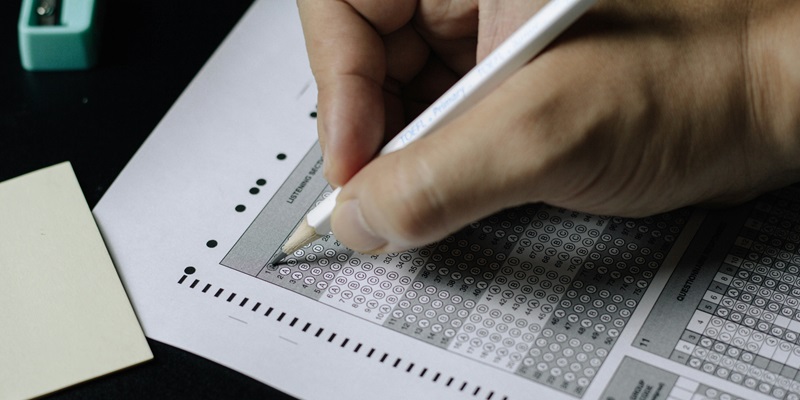Nvidia CEO Jensen Huang has ignited the tech community with a bold prediction: within five years, artificial intelligence could be acing professional exams, rivalling human expertise in fields as complex as medicine. Currently, AI systems perform exceptionally well in narrow tasks, showcasing superior speed and accuracy. Yet, the proposition of these systems cracking high-stakes professional exams spotlights an ambitious trajectory for AI capabilities.
The crux of Huang’s forecast lies in the rapid advancement of machine learning, particularly deep learning algorithms that parse and learn from massive data inputs. This evolution is exemplified by AI’s present accomplishments in pattern recognition and predictive analytics, underpinning its potential to master broader intellectual domains. As AI continues to evolve, the anticipated growth spurt in cognitive functions could translate to it conquering the rigorous demands of professional exams.
Implications for Industry and Education
The infiltration of AI into professional realms predicates a paradigmatic shift for industries and education. If AI indeed surpasses human ability to understand and process complex information, its integration into the workforce could initiate drastic changes. This technological leap forward might streamline tasks, introduce unparalleled efficiencies, and even surpass human proficiency in problem-solving and decision-making.
However, such a shift comes with ramifications. There’s the question of AI’s role versus humans in critical thinking, human interaction, and ethical decision-making—areas where nuanced human judgment has always held sway. As AI grows more sophisticated and autonomous, the education system may undergo a transformation to foster skills that AI can’t replicate easily, emphasizing creative, strategic, and interpersonal capabilities in human professionals.
Ethical and Collaborative Considerations
Moving beyond mere predictions, the ethical landscape of AI’s expanding role in professional fields garners equal attention. Can AI be trusted to handle the intricacies of life-impacting decisions, particularly in areas like healthcare? The debate isn’t merely about capability, it also concerns accountability—in the event of an AI error, the line of responsibility becomes blurred.
Furthermore, there’s the aspect of human-AI collaboration. It’s conceivable that AI’s proficiency in passing professional exams will not diminish human expertise but rather enhance it. A collaborative framework where AI and humans coalesce their strengths could forge a hybrid workforce more robust than ever. Such cooperation may spur innovation, delve into complex challenges, and solve problems with a finesse that neither could achieve alone. This synergy—merging AI’s processing might with human intuition and experience—could chart the most optimal path forward, heralding a new era of intellectual and professional achievement.

